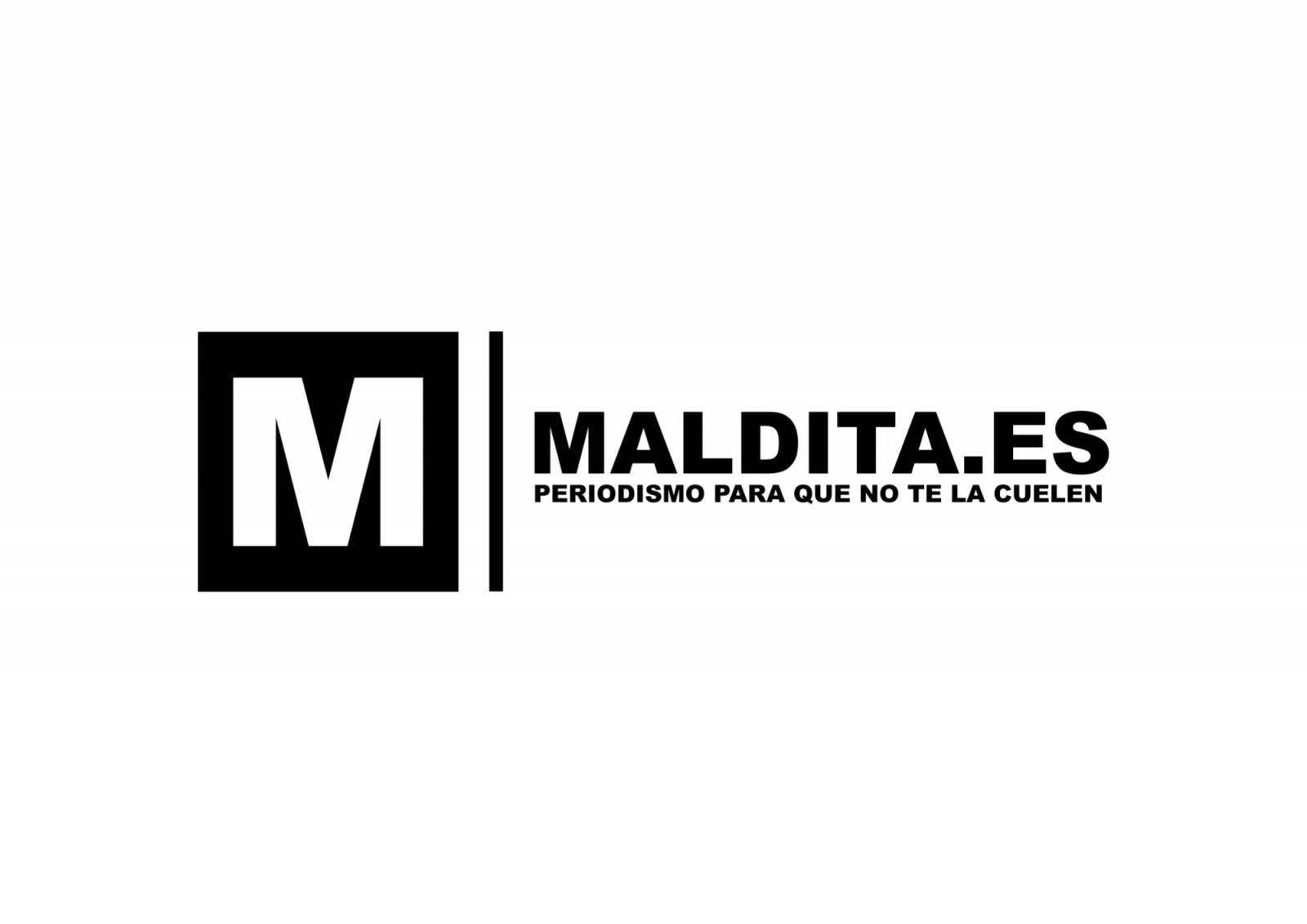‘Fakeless’ aims to help improve the mindful use of news and media among people across generations. How can we recognize misinformation and disinformation? How can we check whether the information is accurate? How should we talk to people who believe in conspiracies? ‘Fakeless’ helps you find answers to those questions to strive for immunity from disinformation.
The “Fakeless” project comprises offline interactive exhibitions and an online platform offering digital games and posters. ‘Fakeless’ is implemented by Goethe-Institut in cooperation with Kunsht (Ukraine). We are very grateful to our partners: German Federal Foreign Office, Civil Society of Cooperation, Maltida.es and Tactical Tech, with whom we created some parts of the ‘Fakeless’ exhibition. You can freely use all content on the platform to arrange your exhibition in a local school, library, or community.
All materials are licensed under Attribution-NonCommercial-NoDerivs, meaning that:
- You are free to Share — copy, and redistribute the material;
- Attribution — You must give appropriate credit to the Goethe-Institut, Kunsht, and partners of the exhibition, whose materials you will be using. You may do so reasonably but not in any way that suggests the licensor endorses you or your use.
- NonCommercial — You may not use the material for commercial purposes.
- NoDerivatives — You cannot remix or transform the materials and may not distribute the modified material.
Learn more about the license here. Please get in touch with us before setting up such an exhibition at fakeless@goethe.de; we will gladly assist you.
Relevance
At a time when autocratic forces are gaining influence in Europe, and the media landscape is uncertain, we are committed to promoting media literacy. At the same time, digital transformation causes changes in consuming and producing the media. So, we also need to change how we think about information. Digital sovereignty and media literacy are crucial for saving democracy, pluralism, and diversity.
Intergenerational impact
A lack of media literacy affects different age groups. We all have some catching up to do when dealing with news and media competently, sometimes from different perspectives. While the younger generation is often more familiar and comfortable with technology, the older generation has much more life experience. It tends to consume news and media more leisurely and reservedly. ‘Fakeless’ brings young and old together in a playful and informative way to learn together, discover new things, and engage in an enriching exchange.
Sustainability
The online and offline world offers many valuable resources to promote media literacy. That is why we have created a sustainable project concept. We integrate exhibits and games that have already been developed by our partners or colleagues from other Goethe Institutes and add some new ones. We plan on expanding the resources of the platform in the future.
“Fakeless” is user-friendly, allowing you to utilize its content individually or collectively. The project organizers present it in four structured sections containing thematically linked games and posters. Referencing the metaphor of vaccination, we have created each section to reinforce defenses against misinformation, culminating in a final area named “Immune,” which tests your skills.
For more information on how to set up the exhibition, see our manual [LINK].
‘Fakeless’ is available in the following languages: German, English, Bosnian, Greek, Croatian, Macedonian, Romanian, Serbian, and Turkish.
